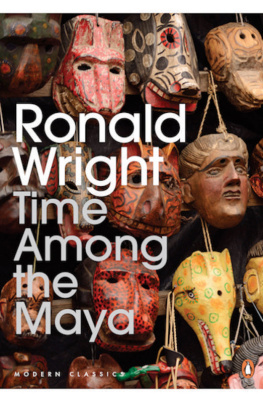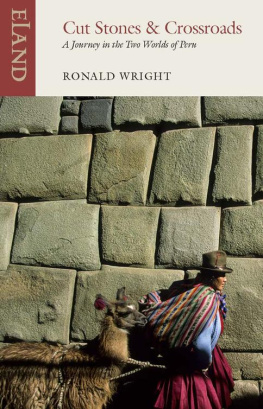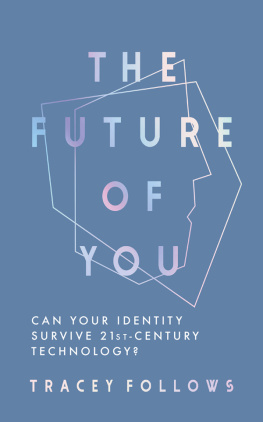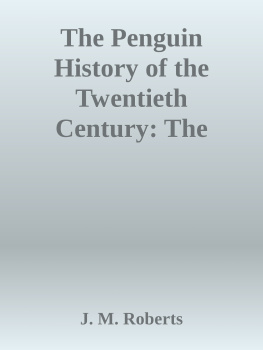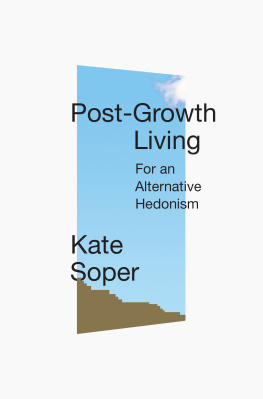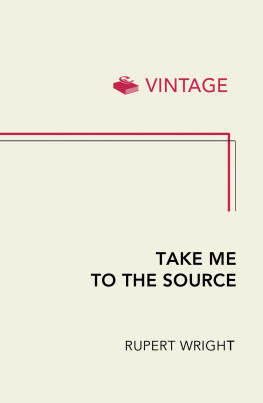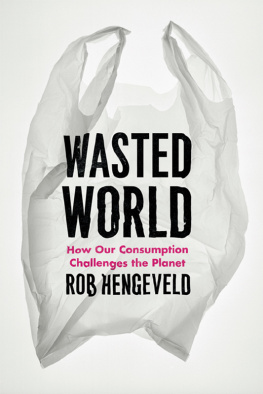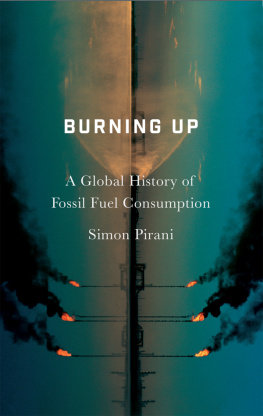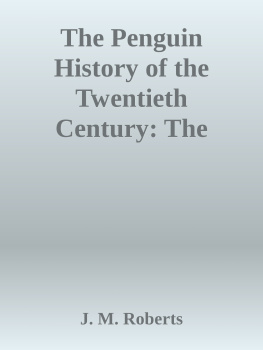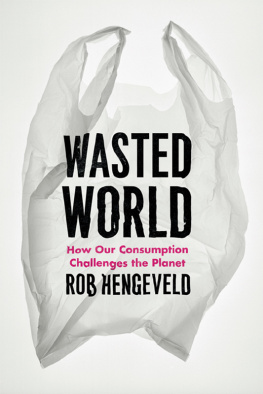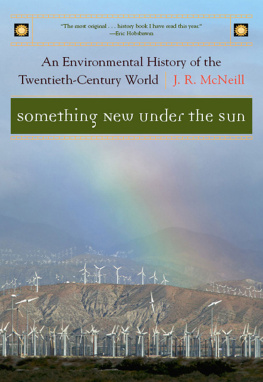A Short History of Progress
R ONALD W RIGHT

Copyright 2004 Ronald Wright
All rights reserved. No part of this publication may bereproduced or transmitted in any form or by any means, electronic or mechanical,including photocopying, recording, or any information storage and retrievalsystem, without permission in writing from the publisher.
Distribution of this electronic edition via the Internet orany other means without the permission of the publisher is illegal. Please donot participate in electronic piracy of copyrighted material; purchase onlyauthorized electronic editions. We appreciate your support of the author'srights.
This edition published in 2011 by
House of Anansi PressInc.
110 Spadina Avenue, Suite 801
Toronto, ON, M5V 2K4
Tel.416-363-4343
Fax 416-363-1017
www.anansi.ca
CBC and Massey College Logos used with permission
Permission is gratefully acknowledged to reprint excerpts fromthe following:
(pp. 6566,70, 7576, 77) The Epic of Gilgamesh translated by N. K.Sandars (Penguin Classics 1960,Third edition 1972). Copyright N. K. Sandars,1960, 1964, 1972. Used by permission of Penguin Group UK. (pp. vii, 8889) Amores by Ovid, translated by Guy Lee (John Murray, 1968), republished in2000 as Ovid in Love. Copyright 1968 Guy Lee. Used by courtesy of JohnMurray.
Every reasonable effort has been made to contact the holders of copyrightfor materials quoted in this work. The publishers will gladly receive informationthat will enable them to rectify any inadvertent errors or omissions insubsequent editions.
LIBRARY AND ARCHIVES CANADA CATALOGUING INPUBICATION
Wright, Ronald
A short history of progress / RonaldWright.
(CBC Massey lectures series)
Includes bibliographicalreferences and index.
eISBN 978-0-88784-843-8
1. Progress History. 2. Civilization History.
3. Environmental degradation. I. Title. II. Series.
CB69.W75 2004 909 C2004-905559-3
Cover design: Bill Douglas
Cover photograph: The ImageBank/Michael Kelley

We acknowledge for their financial support of ourpublishing program the Canada Council for the Arts, the Ontario ArtsCouncil, and the Government of Canada through the Canada Book Fund.
For my mother,
Shirley Phyllis Wright
Long ago
No one tore the ground with ploughshares
or parcelled out the land
or swept the sea with dipping oars
the shore was the worlds end.
Clever human nature, victim of your inventions,
disastrously creative,
why cordon cities with towered walls?
Why arm for war?
Ovid, Amores, Book 3
I
GAUGUINS QUESTIONS
THE FRENCH PAINTER and writer Paul Gauguin by most accounts mad, bad, and dangerous to know suffered acutely from cosmological vertigo induced by the work of Darwin and other Victorian scientists.
In the 1890s, Gauguin ran away from Paris, family, and stockbroking career to paint (and bed) native girls in the tropics. Like many a troubled soul, he could not escape so easily from himself, despite great efforts to do so with the help of drink and opium. At the bottom of his disquiet lay a longing to find what he called the savage primordial man (and woman), humanity in the raw, the elusive essence of our kind. This quest eventually drew him to Tahiti and other South Sea islands, where traces of a pre-contact world an unfallen world, in his eyes lingered beneath the cross and tricolore.
In 1897, a mail steamer docked at Tahiti bringing terrible news. Gauguins favourite child, Aline, had died in which, like the Victorian age itself, he demanded new answers to the riddle of existence. He wrote the title boldly on the image: three childlike questions, simple yet profound. DO Venons Nous? Que Sommes Nous? O Allons Nous? Where do we come from? What are we? Where are we going?
The work is a sprawling panorama of enigmatic figures amid scenery that might be the groves of heathen Tahiti or an unruly Garden of Eden: worshippers or gods; cats, birds, a resting goat; a great idol with a serene expression and uplifted hands seeming to point at the beyond; a central figure plucking fruit; an Eve, the mother of mankind, who is not a voluptuous innocent like other women in Gauguins work but a withered hag with a piercing eye inspired by a Peruvian mummy. Another figure turns in amazement to a young human pair who, as the artist wrote, dare to consider their destiny.
Gauguins third question Where are we going? is what I want to address in this book. It may seem unanswerable. Who can foretell the human course through time? But I think we can answer it, in broad strokes, by answering the other two questions first. If we see clearly what we are and what we have done, we can recognize human behaviour that persists through many times and cultures. Knowing this can tell us what we are likely to do, where we are likely to go from here.
Our civilization, which subsumes most of its predecessors, is a great ship steaming at speed into the future. It travels faster, further, and more laden than any before. We may not be able to foresee every reef and hazard, but by reading her compass bearing and headway, by understanding her design, her safety record, and the abilities of her crew, we can, I think, plot a wise course between the narrows and bergs looming ahead.
And I believe we must do this without delay, because there are too many shipwrecks behind us. The vessel we are now aboard is not merely the biggest of all time; it is also the only one left. The future of everything we have accomplished since our intelligence evolved will depend on the wisdom of our actions over the next few years. Like all creatures, humans have made their way in the world so far by trial and error; unlike other creatures, we have a presence so colossal that error is a luxury we can no longer afford. The world has grown too small to forgive us any big mistakes.
Despite certain events of the twentieth century, most people in the Western cultural tradition still believe in the Victorian ideal of progress, a belief succinctly defined by the historian Sidney Pollard in 1968 as the assumption that a pattern of change exists in the history of mankind that it consists of irreversible changes in one direction only, and that this direction is towards improvement.than the ox, and man the cleverest of all. Our technological culture measures human progress by technology: the club is better than the fist, the arrow better than the club, the bullet better than the arrow. We came to this belief for empirical reasons: because it delivered.
Pollard notes that the idea of material progress is a very recent one significant only in the past three hundred years or so We no longer give much thought to moral progress a prime concern of earlier times except to assume that it goes hand in hand with the material. Civilized people, we tend to think, not only smell better but behave better than barbarians or savages. This notion has trouble standing up in the court of history, and I shall return to it in the next chapter when considering what is meant by civilization.
Our practical faith in progress has ramified and hardened into an ideology a secular religion which, like the religions that progress has challenged, is blind to certain flaws in its credentials. Progress, therefore, has become myth in the anthropological sense. By this I do not mean a belief that is flimsy or untrue. Successful myths are powerful and often partly true. As Ive written elsewhere: Myth is an arrangement of the past, whether real or imagined, in patterns that reinforce a cultures deepest values and aspirations. Myths are so fraught with meaning that we live and die by them. They are the maps by which cultures navigate through time.


